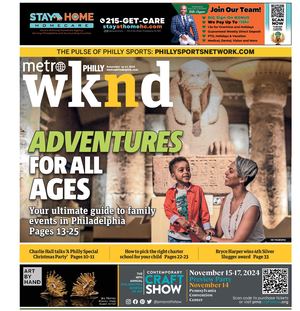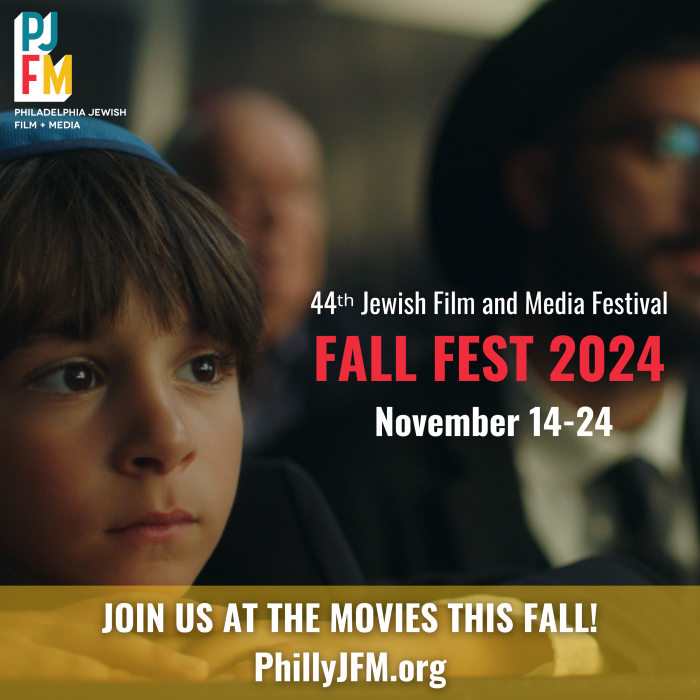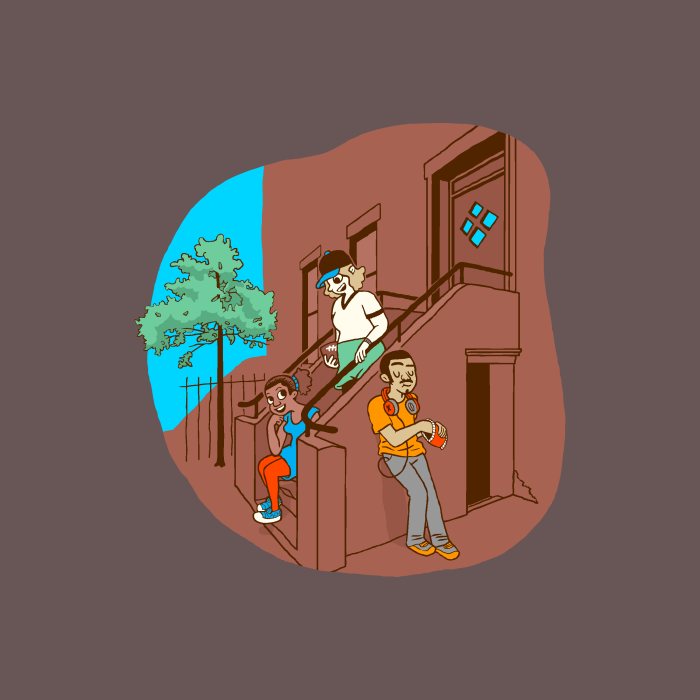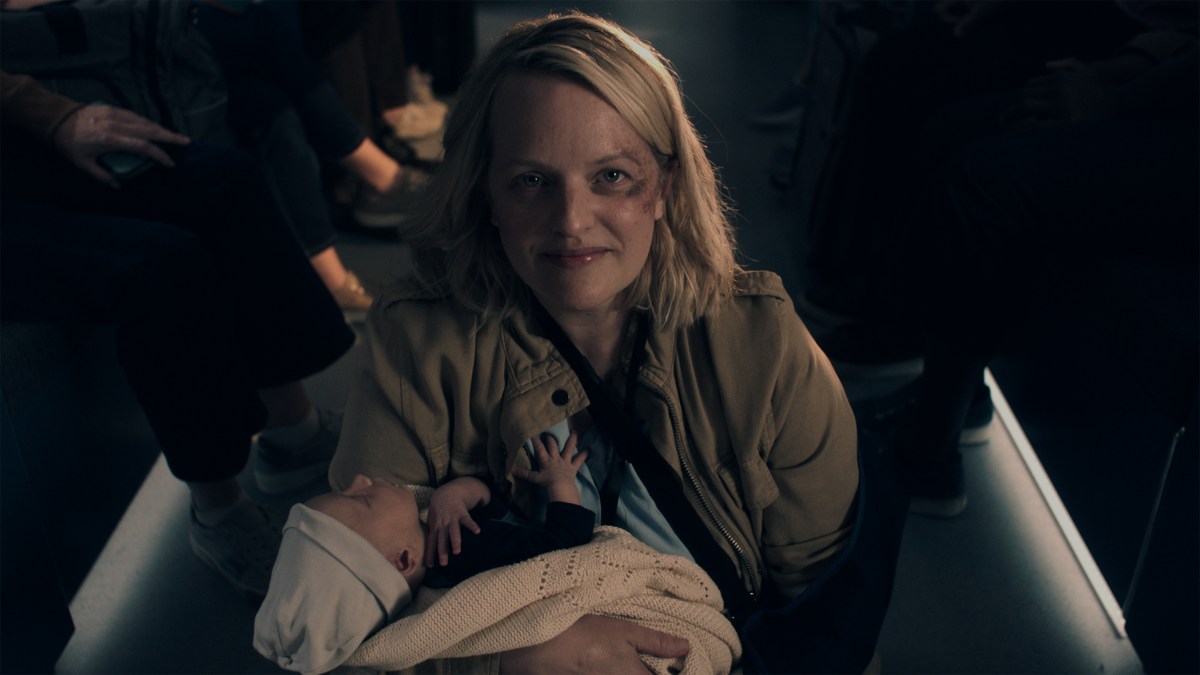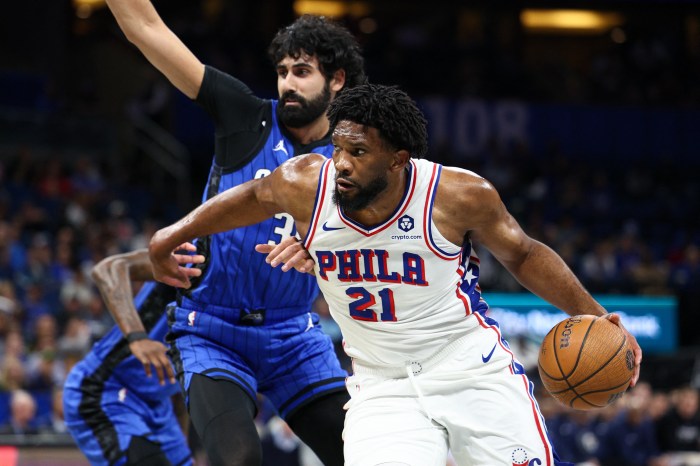Education for special needs children isn’t a modern invention — the Overbrook School for the Blind has been teaching blind and visually impaired children for 180 years. The school, founded in 1832, is one of four Commonwealth schools for the blind and deaf.
It provides academic and vocational training for 206 children from Philadelphia and the four adjacent Pennsylvania counties. Programs range from early childhood (ages 3 to 5) to post high-school (a school-to-work program for young adults 18 to 21). An additional 140 visually impaired infants benefit from an early intervention program in their own homes.
Admission is based on the individual education plan prepared by a student’s local school district, says school director Gerald Kitzhoffer.
“There are two questions we ask,” he says. “Can we meet that child’s needs with the program we have here? And do we have room for him or her?”
Enrollment is limited by the school’s budget. The state contribution, which covers about 70 percent of costs, has been flat under Corbett’s education budgets. The other 30 percent comes from fundraising, special events, direct mail and grants — “Whatever it takes,” Kitzhoffer says.
Many students have additional disabilities — about half of them to a significant degree — so the school also provides access to other therapies. These include audiology, physical therapy and nutritional counseling.
Activities
Students participate in a broad range of extracurricular activities, like student government, choir and sports. One popular sport is the soccer-like game of goalball.
Players, blindfolded to ensure the partially sighted have no advantage, compete in teams of three. Spectators remain silent so players can hear the bell-filled ball, which can move at more than 50 mph.
